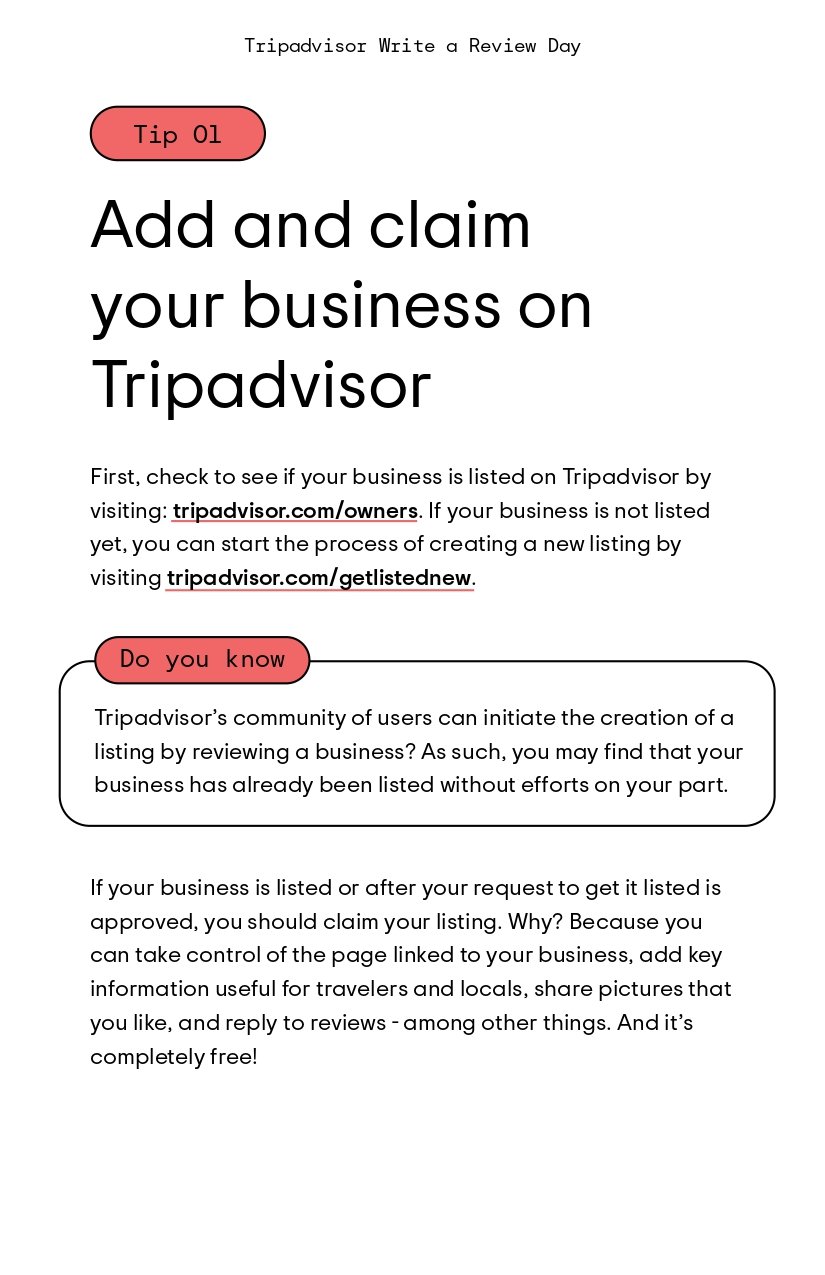
The use of a learning management software (LMS), will simplify the administration and monitoring of training. It can help you organize courses, track training results, evaluate learning outcomes, and even manage them. LMSs can be used to create question banks and schedule online exams. LMSs can be especially helpful in highly regulated industries that require employees to have specific certifications.
LMS software that is the best should offer in-house support and expert consultation. This can help you determine which features will best fit your needs. LMS software must also be simple to use. LMS software should allow for multi-language support.
You can also look online to find out which LMS software has received the most reviews. Reviews should give you a clear overview about the LMS's features and functionality. User experiences should also be included in the reviews.

You should also consider whether the LMS you choose offers live demos. Demos of the software will allow you to see how it works. The best way to approach an LMS demo is to prepare a list of use cases and ask the vendor to demonstrate how the LMS will meet your needs.
You should also consider whether an LMS supports classroom-based learning. Some LMSs are designed to help you organize e-conferences and online sessions with multiple participants. These platforms also offer videoconferencing.
In addition, the LMS should allow you to upload multimedia learning content, such as video, images, and text. Also, make sure to verify that the software offers e-commerce capabilities. This functionality allows you to sell courses to third parties, track sales, and integrate a payment gateway. Some LMSs provide reporting capabilities. A mobile app is a great option, as it allows you to study anywhere.
Whether you choose an on-premise or cloud-based LMS, you should also consider the security and uptime of the system. You should also check for any support services and awards that the vendor has earned. An LMS should be on the market for at least a few years and have a proven track-record.

Also, you should carefully examine the pricing model of LMS software. LMS software generally increases in price with more users. LMS software is sometimes free. You can also find open source and community-built systems, such as Moodle and Canvas. These free LMSs have no licensing fees. They are less customizable than commercial software.
Consider also the subscription cost for LMS's. LMS systems that are cloud-based use the subscription model more often. These softwares are generally priced based on user count, but can also be billed per calendar month. Tiered pricing plans are offered by many vendors. This allows you to pick the best option for what you need. It is also important to confirm that your LMS offers software updates. This will allow you to keep the software up-to date and give you scalable functionality.